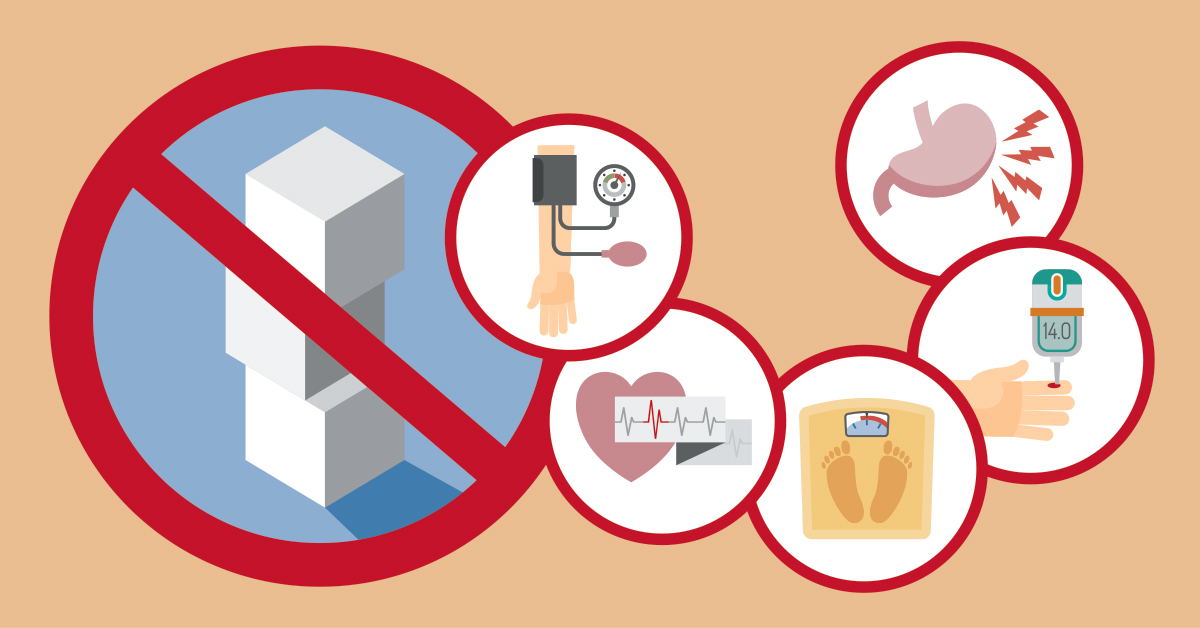Strength training is not just for bodybuilders or athletes; it holds incredible benefits for individuals of all ages. Regular strength training exercises can lead to improved physical health, increased muscle strength, better bone density, enhanced metabolism, and even mental well-being. Explore the advantages of strength training at each decade of life, along with considerations to keep in mind for each age group.
20s: Building a foundation for a strong future
In our 20s, our bodies are at their peak physical condition, making it an ideal time to lay the foundation for a lifetime of strength. Incorporating strength training during this decade brings numerous benefits:
- Enhanced performance: Strength training in your 20s can improve athletic performance. By building muscle strength and power, you can push your limits, reach new milestones, and maximize your physical potential.
- Maintaining functional capacity: Regular resistance exercises during this stage of life can help maintain functional capacity as your body continues to grow and develop. This sets the stage for a healthier and more active future.
Considerations
- Proper form: Focus on mastering proper form and technique during exercises. This foundation will prevent injuries and ensure long-term progress.
- Balancing workouts: Avoid overtraining and allow sufficient recovery time. Stressing the importance of rest and recovery helps prevent burnout and allows optimal muscle growth.
30s: Preserving muscle mass and strength
As we enter our 30s, muscle mass naturally starts declining. Incorporating strength training during this decade becomes increasingly important. Here are the benefits:
- Muscle preservation: Engaging in strength training can help preserve existing muscle mass. By challenging your muscles, you signal the body to maintain muscle integrity, preventing excessive loss.
- Offset age-related muscle loss: Strength training in your 30s helps offset the natural age-related muscle loss that begins to occur. By keeping your muscles strong and active, you can maintain functionality and prevent loss of muscle mass.
Considerations
- Efficiency: With multiple commitments and demands on your time, focus on efficient strength training routines. High-intensity interval training (HIIT) or circuit training can provide an effective workout in a shorter timeframe.
- Consistency: Establish a consistent routine to ensure regular strength training sessions. Consistency is crucial for long-term progress and maintaining the benefits.
40s: Staying strong through hormonal changes
The 40s may bring hormonal changes and a decline in physical performance. However, strength training remains crucial during this decade. Here’s why:
- Hormonal balance: Strength training contributes to hormonal balance, counteracting the effects of shifting hormones during this stage of life. It eases the difficulties associated with hormonal changes and helps maintain overall well-being.
- Maintaining functional capacity: Strength training in your 40s is essential for maintaining muscle integrity, functional capacity, and overall physical performance. By keeping your muscles strong, you can continue to lead an active lifestyle.
Considerations
- Recovery: Pay attention to recovery during strength training. As we age, our bodies may require more time for muscle repair and recovery. Incorporate rest days and listen to your body’s cues.
- Hormonal health: Focus on overall hormonal health through balanced nutrition, stress management, and maintaining a healthy lifestyle. This supports the benefits of strength training during this stage.
50s: Conquering sarcopenia and maintaining muscle strength
In the 50s, there’s an increased risk of sarcopenia—age-related muscle loss. Strength training plays a crucial role in maintaining muscle strength and overall well-being:
- Counteracting sarcopenia: Sarcopenia becomes more prevalent as we age, leading to decreased muscle mass and strength. Strength training can significantly slow down this process, ensuring functional independence and an active lifestyle.
- Improved bone density: Postmenopausal women face an increased risk of osteoporosis and fractures due to hormonal changes. Strength training helps mitigate these risks by improving bone density, supporting overall skeletal strength.
Considerations
- Modification: Adapt strength training exercises to individual abilities and limitations. Seek guidance from fitness professionals or certified trainers who specialize in working with older adults to ensure safety and maximize results.
- Joint care: Pay attention to joint health by incorporating warm-up exercises, using proper form, and avoiding excessive joint stress. Prioritize exercises that promote joint range of motion and stability.
60s and beyond: Aging gracefully with strength training
In the 60s and beyond, strength training continues to play a vital role in maintaining a high quality of life:
- Preserving joint integrity: Strength training helps preserve joint integrity and mobility. It reduces the risk of joint pain, fosters stability, and increases overall functional independence.
- Cognitive benefits: Engaging in regular strength training has been linked to improved mental well-being, cognitive function, memory retention, and reduced risk of cognitive decline. It promotes mental sharpness and enhances overall brain health.
Considerations
- Safety first: Consult your provider and work with experienced trainers specialized in older adult fitness to ensure safety during exercise.
- Progression and adaptation: Gradually progress and adapt strength training routines to meet individual fitness levels. Focus on exercises that maintain strength, balance, and flexibility.
- Strength training holds tremendous benefits no matter your age. Embrace the transformative power of strength training and experience a healthier, more fulfilling life at any age. Remember, it’s never too early or too late to start reaping the rewards of strength training.














